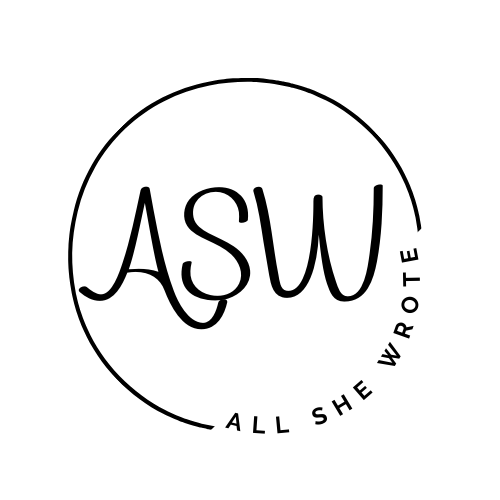If you’re feeling disillusioned with Twitter’s recent changes since Elon Musk took control, you might be considering a Twitter alternative. One platform that has seen a surge in popularity is Mastodon, a decentralised and open-source network.
Understanding Mastodon
Mastodon is a free social media network that offers an alternative to Twitter. Instead of tweeting, users can post “toots” on Mastodon. Similar to Twitter, you can follow other users and organisations, like and boost (retweet) their posts. However, Mastodon differs from Twitter in terms of its infrastructure and governance.
While Twitter and Facebook are controlled by single companies, Mastodon operates on thousands of computer servers. These servers are run by volunteer administrators who connect their systems together to form a federation. This decentralised approach means that Mastodon is not controlled by a single entity and is free from advertisements.
Unlike Twitter, Mastodon allows users to choose their own provider or even run their own Mastodon instance. This means that no single company or person can impose their will on the entire system or shut it down. If an extremist voice emerges on a server, other servers can easily cut ties with it, limiting its reach.
While the decentralised approach of Mastodon has its advantages, it also comes with some downsides. The anarchic sprawl of Mastodon can make it harder to find and connect with other users compared to the neatly ordered town square environment of centralised platforms like Twitter and Facebook.
The growth of Mastodon
Mastodon was created in 2016 by Eugen Rochko, a German programmer who wanted to build a public sphere beyond the control of a single company. Although Mastodon’s user base is still relatively small compared to Twitter and Facebook, it has recently experienced significant growth.
Before Elon Musk’s acquisition of Twitter, Mastodon was seeing an average of 60-80 new users per hour. However, following Musk’s takeover, the number of new Mastodon registrations skyrocketed to 3,568 in just one hour. This surge in popularity highlights the appeal of a decentralised social media platform like Mastodon.
Joining Mastodon
To join Mastodon, you need to sign up on a specific Mastodon server. These servers are categorised based on geographic location, subject interest, or professional background. Some popular Mastodon servers include Mastodon.social (the original instance of the Mastodon project), masthead.social (for journalists), and fosstodon.org (for tech enthusiasts and open-source software enthusiasts).
The server you choose to register on is not a permanent decision. You can join multiple servers, follow users across different servers, and switch instances at any time. Most Mastodon servers with open registration only require your email address and a password to get started. However, some servers may require you to request an invitation or wait for approval.
Using Mastodon
Once registered on Mastodon, you can start using the platform to publish posts and engage with other users. Instead of tweets, Mastodon uses the term “toots” to refer to posts. With Mastodon, you have more characters (500) to write a post compared to Twitter’s 280-character limit.
You can enhance your toots by adding links, images, videos, and audio files. Mastodon also offers additional features like polls and spoiler warnings that require a click to view. Regarding privacy, Mastodon gives you more control over who can see your posts. You can choose to make your toots fully public, visible only to your followers, or restrict them to specific users mentioned in the post.
Mastodon also allows you to edit your posts, a feature that Twitter users have long requested. However, when you edit a post, those who have reshared your original post will receive a notification, and each version of your post remains available for review. Unlike Twitter, Mastodon doesn’t have a feature that allows you to quote toots.
Privacy and Mastodon
Mastodon has gained attention from privacy-conscious users and European regulators. The decentralised nature of the platform aligns with the desire for increased privacy and data protection. Germany’s data protection commissioner, for example, encourages government bodies to close their Facebook pages and move to Mastodon instances hosted by the federal government. The European Commission also maintains a server for EU bodies to toot from, emphasising the importance of using platforms that comply with European privacy laws.
If you’re looking to explore a new social media experience and connect with diverse communities, Mastodon might be the platform for you. Join Mastodon, toot your thoughts, and engage with the vibrant Mastodon community.






Leave a Reply